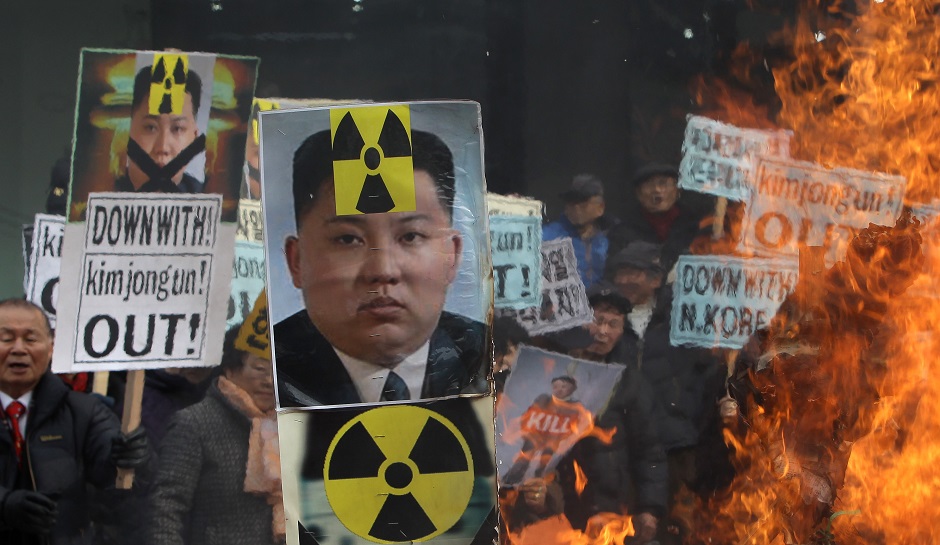
Zhao Suisheng, Professor, University of Denver’s Josef Korbel School
Aug 25, 2017
If China is to assert itself more in its region and further afield, will it undermine, or even replace the U.S.-led world order?

He Yafei, Former Vice Minister of Foreign Affairs
Aug 21, 2017
The Post-America Era has arrived, but what does it mean? How will globalization, global governance, and the international balance of power be affected? Leading nations will emerge as America regresses, but the potential for peace and prosperity for all are at hand.
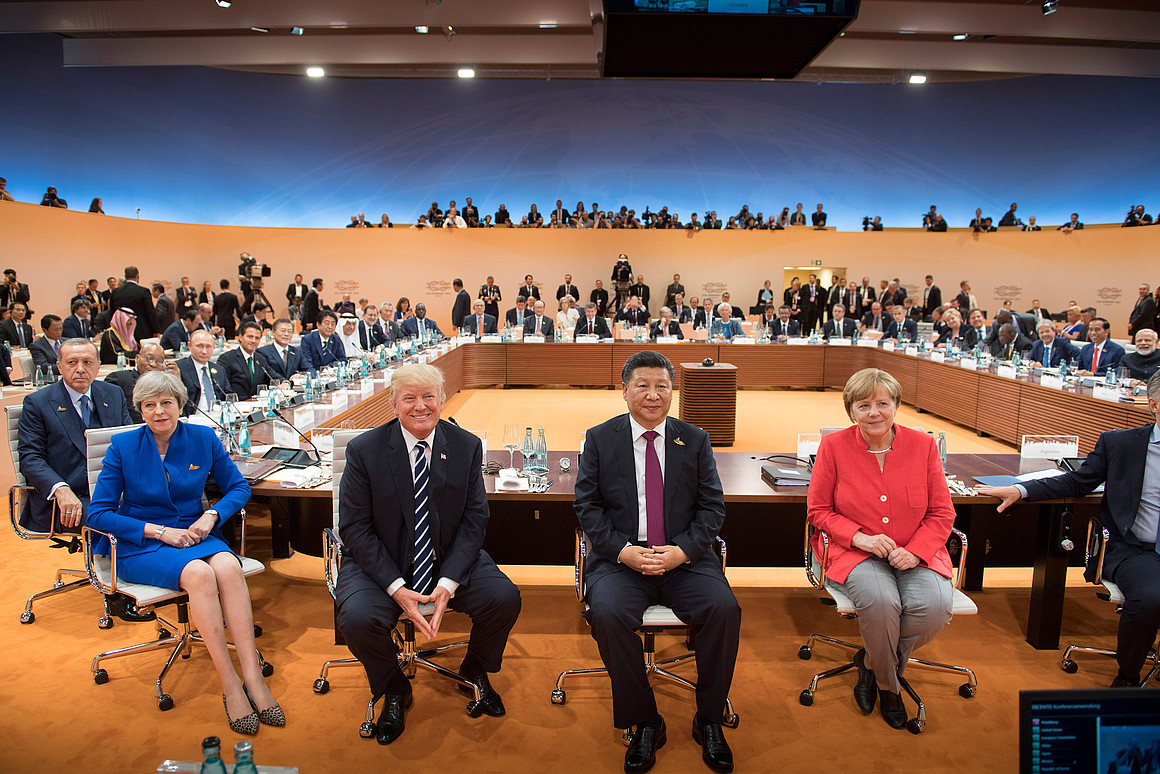
James Carter, Professor, Saint Joseph’s University
Jul 21, 2017
For more than a century, joining the “family of nations” has been a goal of Chinese leaders. Some are now predicting that China will soon assume many of the leadership roles that the United States is withdrawing from. But it’s not the first time that such opportunities have presented themselves.
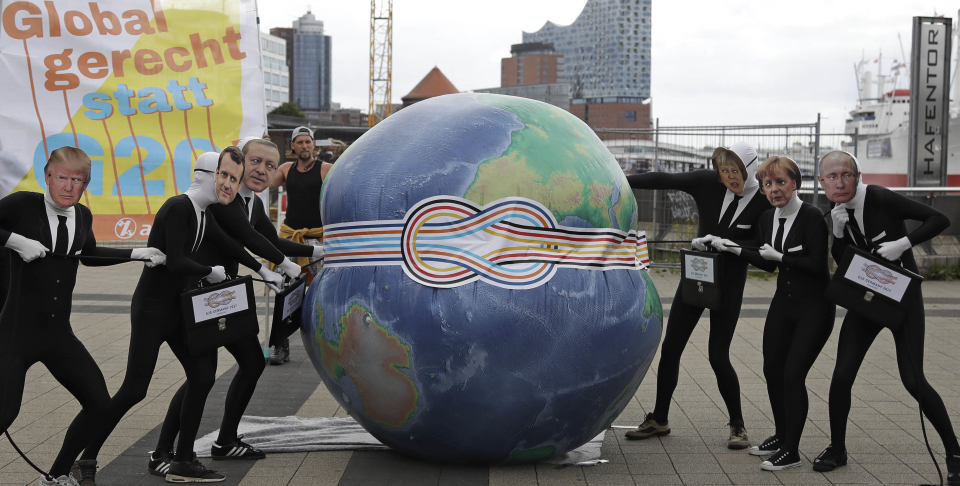
He Yafei, Former Vice Minister of Foreign Affairs
Jul 20, 2017
Despite changing attitudes toward globalization in many parts of the world, shared interests, shared destiny and “one world one dream” continues to be China’s lofty ideal to build a “community of nations with shared destiny” with all nations in the world.
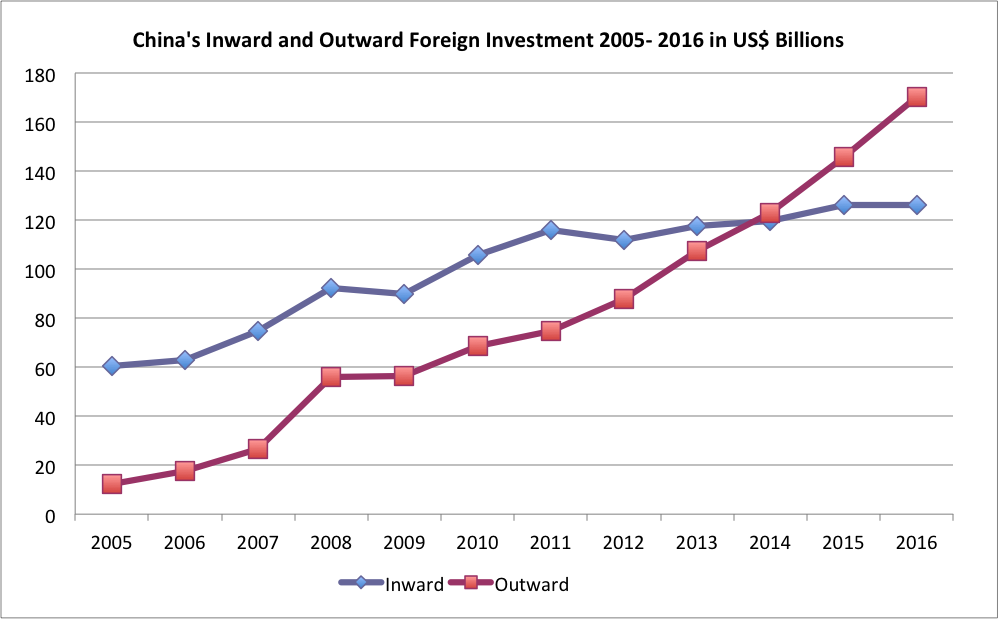
Sam Beatson, a Senior Economic Analyst
Jul 17, 2017
Trade relations with an expanding and increasingly outward facing China have placed foreign leaders in a position whereby public engagement with China on investment and trade issues can create a perception of either pragmatic collaboration for mutual strategic and economic benefit at best or collusion and corruption at worst.

Andrew Sheng, Distinguished Fellow at the Asia Global Institute at the University of Hong Kong
Xiao Geng, Director of Institute of Policy and Practice at Shenzhen Finance Institute, Chinese University of Hong Kong
Jun 20, 2017
In the past, analysis of the evolution of humanity’s worldview has tended to focus on the West. Now, however, this narrative is being revised. The global economic crisis that originated in the United States in 2007 exposed the fragility of the advanced-country model, giving rise to a new, more multipolar worldview, in which the emerging economies, led by China, India, and Russia, have increasingly challenged the status quo.
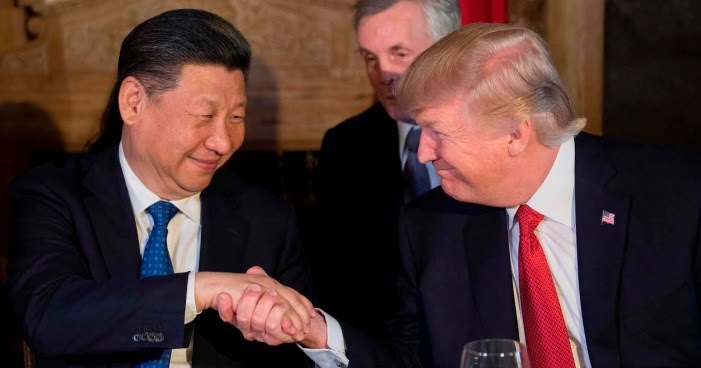
Yanzhong Huang, Senior Fellow, Council on Foreign Relations
Jun 26, 2017
The end of the Cold War and China’s integration into the world economy generated the context that led to a serious soul searching for China’s “identity” in the international system. While a shifting balance of power, socialization, and crises have driven China’s involvement in global governance, they have not led to similar advancement in U.S.-China cooperation in global governance.

Lucio Blanco Pitlo III, President of Philippine Association for Chinese Studies, and Research Fellow at Asia-Pacific Pathways to Progress Foundation
Jun 22, 2017
As things stand, with four more years of the Trump Administration, China will have the field wide open for its continued ascent into global power. However, China should be wary of the dangers posed by overconfidence, great power chauvinism and a growing sense of entitlement that unbridled nationalism and unchecked leadership may breed.
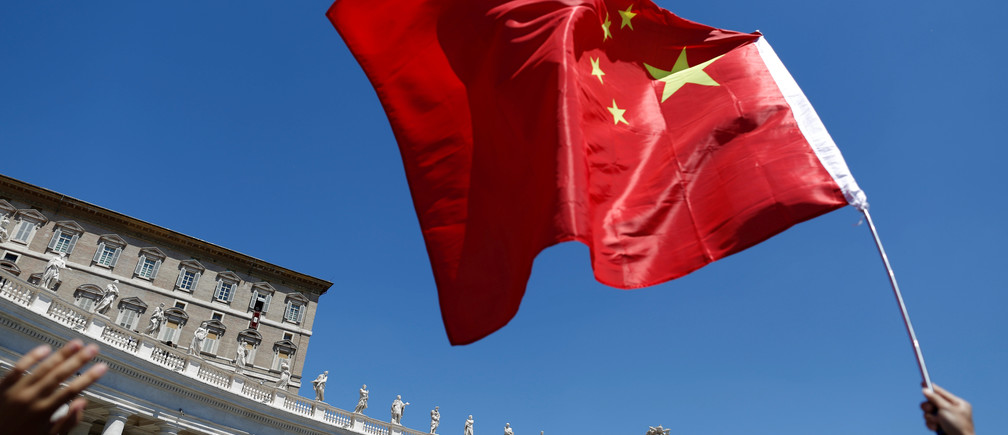
Doug Bandow, Senior Fellow, Cato Institute
Jun 15, 2017
China has an increasing opportunity to share global leadership. Unless the U.S. recognizes U.S.-China relations as a positive-sum game, China may eventually surpass the U.S. economically through global leadership and innovation.
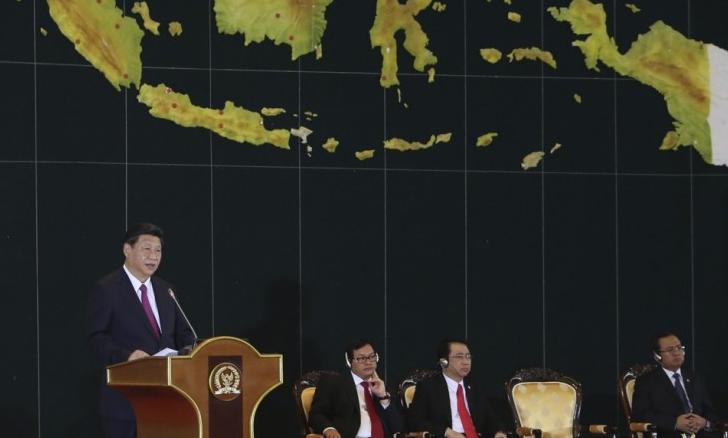
He Yafei, Former Vice Minister of Foreign Affairs
May 22, 2017
If there is anything about B&R that can contribute to the future of global governance and world order, it is the inherent opportunity in that proposal to further democratize international relations and make globalization an equal, more sustainable process for sharing benefits among all nations.